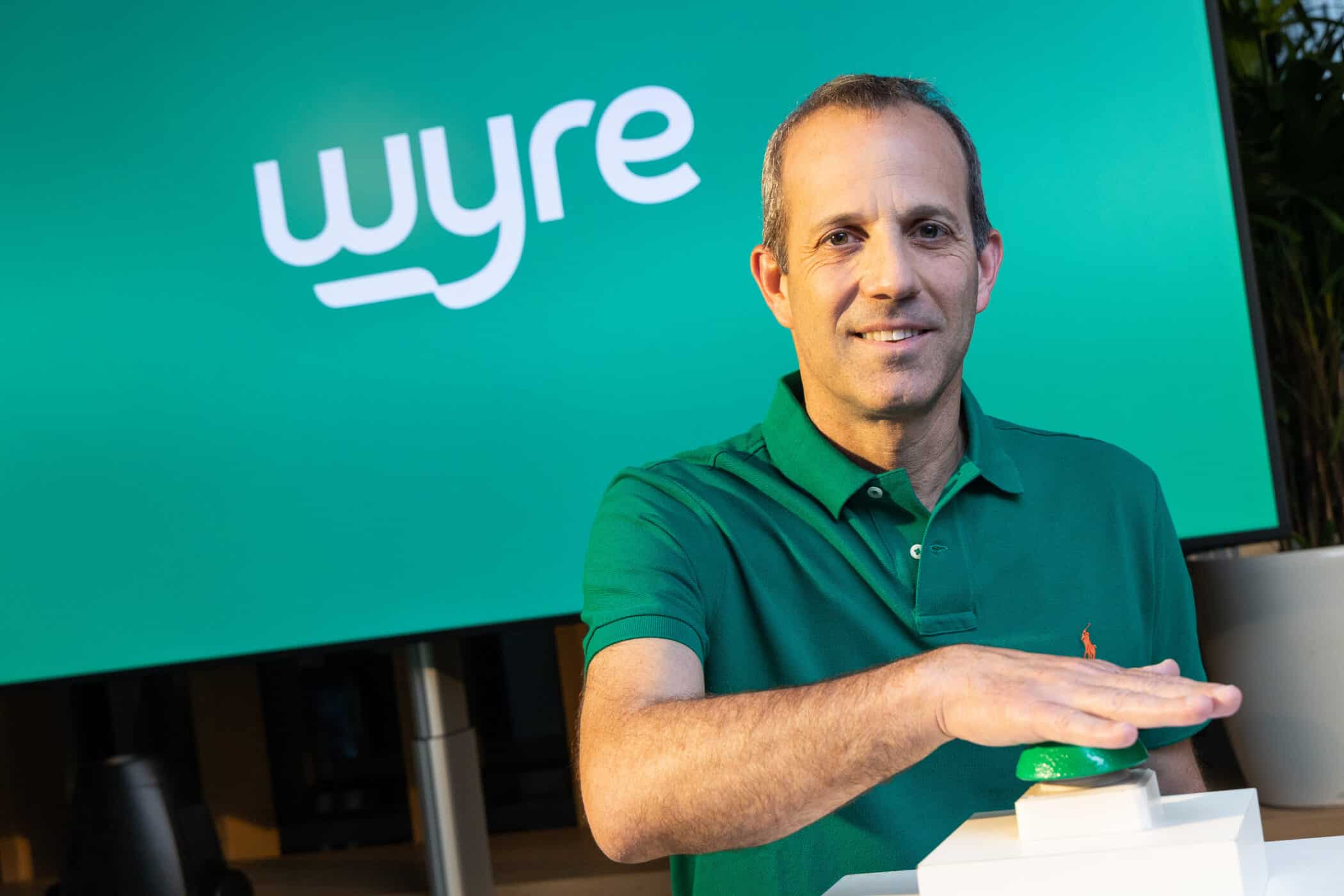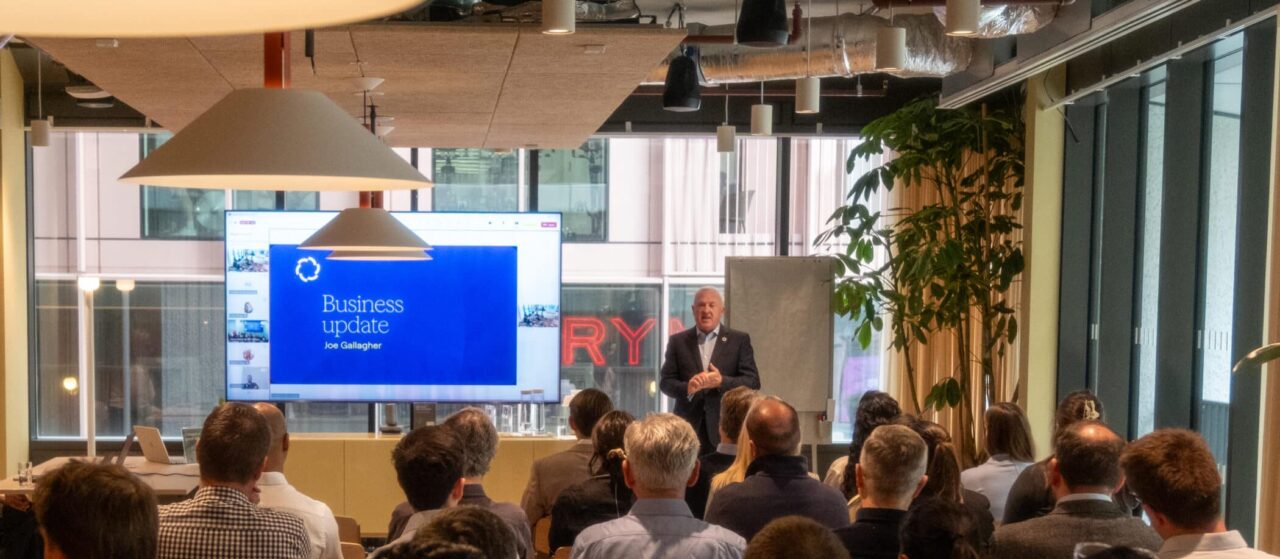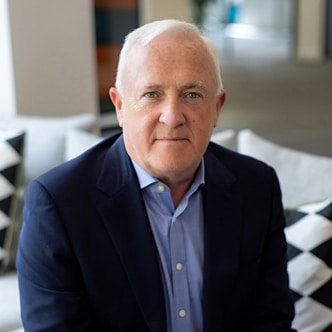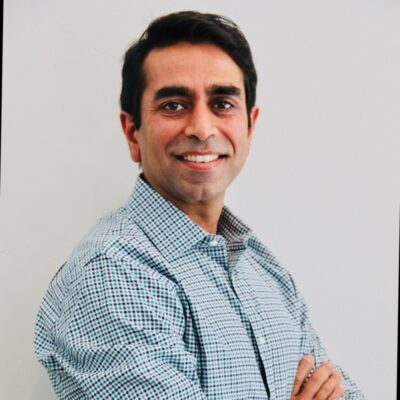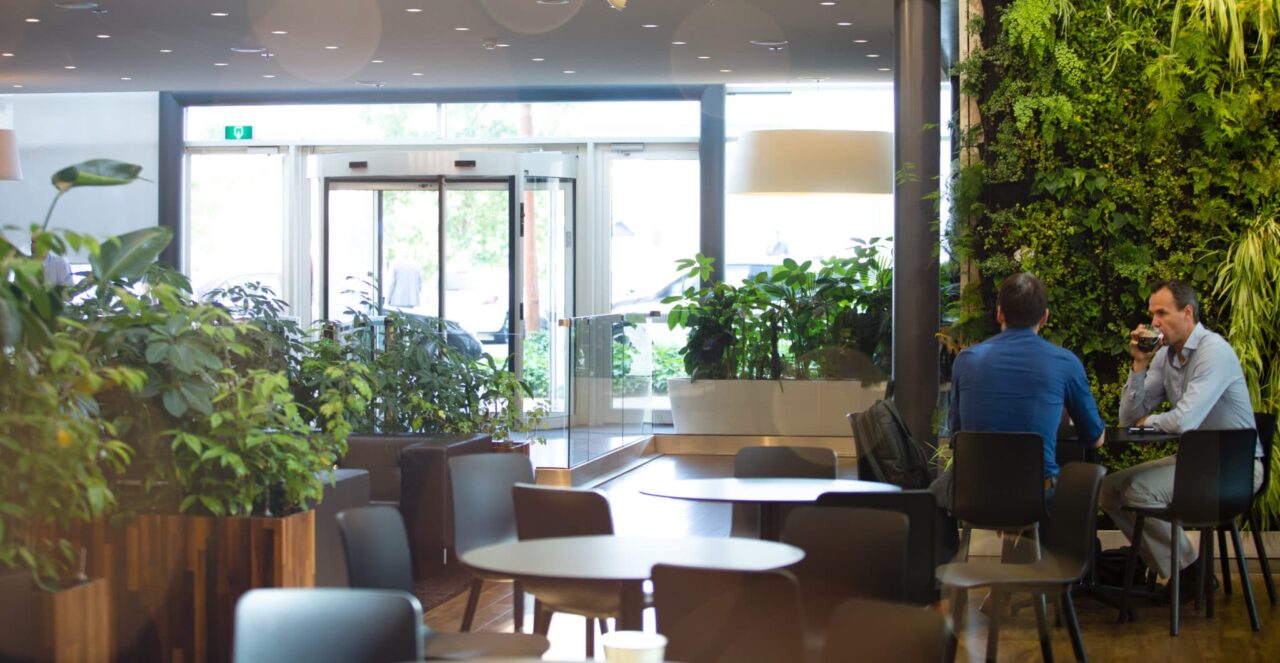It’s been just over a year since the launch in Belgium of Wyre, a ‘NetCo’ entirely focused on owning, managing and expanding physical network assets and infrastructure.
Established by Telenet in partnership with Fluvius, Wyre is on a mission to “build the network of the future,” ushering in a new way of providing connectivity through an open network to telco operators and solution providers via coax, fibre and dark fibre – and unlocking new business opportunities in the process.
In a Q&A with Micha Berger, CEO of Wyre, we discussed highlights from Wyre’s first year of business, the benefits of the NetCo ServCo split, and what’s next for the company – and connectivity as a whole.
Liberty Global: Wyre turned 1 this summer, congratulations. Tell us more about the past year and how you’re progressing Wyre’s overall mission.
Micha Berger: Wyre’s first year felt like a trip to an amusement park — an exciting, new experience with some thrilling rides. At times, there were moments of fear, but we took risks and often found enjoyment in the process. The overall experience was full of high adrenaline, and I wouldn’t hesitate to do it all over again.
In terms of significant milestones, we’ve brought together colleagues with expertise from various parts of the Telenet business, creating a new unified team. We’ve created the Wyre brand from scratch, building something inspiring for both the people involved and the industry.
On the business side, we’ve signed new wholesale and dark fibre customers, generating incremental revenue. Lastly, we’ve started large-scale Fibre to the Home (FTTH) digging and installation work to ensure the continued superiority of our network, serving millions of customers today.
Liberty Global: The NetCo model is also taking shape in the UK as Liberty Global, Virgin Media O2 and Telefonica have initiated plans to create a distinct NetCo that will complete VMO2’s upgrade of 16 million homes to full fibre and, in turn, offer competitive wholesale services. The structure also gives optionality and flexibility for the future in terms of financing and playing a role in potential consolidation of altnets in the UK alongside pursuing wholesale opportunities as a scaled network alternative.
For readers who are unfamiliar with the concept, can you explain the NetCo ServCo split and its main benefits for telcos and for consumers?
MB: A NetCo ServCo split essentially involves separating a telecommunications company, as we know it, into two distinct entities. With one entity, the ServCo, managing the end customers, the brand, products and the sales channels, the second entity, the NetCo, can focus more on the network foundations, the infrastructure, cables, hardware, and the platforms that support the products that make use of them.
This separation isn’t always a clear-cut process and you can decide on where to draw the line to minimize wasted costs and inefficiencies. One of the corporate objectives of a NetCo ServCo separation is to attract new business opportunities that can increase the total company value — business that would have been more difficult to attract while still being a joint company. In the Wyre example, we signed an important long term wholesale agreement with Orange Belgium to make use of our networks. This had a positive impact on our network utilization, which indirectly secured our Netco business plans.
Overall, it’s about creating two streams of business, with each better positioned to enhance their services, and innovate, expand and grow. In the end, the sum of the parts is more powerful than the original combined entity.
Liberty Global: Looking ahead, what are Wyre’s primary goals for the coming year and how do you plan to achieve them?
MB: In the coming year, we aim to grow the wholesale business by onboarding new customers and increasing the utilization of our Fibre and HFC networks.
We’ve also announced a potential collaboration with our competitor, Proximus/Fiberklaar, to build part of the fibre network in our footprint. Although the deal is not certain yet, it is one of our goals to try to land it and, in turn, see additional value growth to the Wyre business.
Another major focus is on the large-scale development of our Fibre-to-the-Home (FTTH) network. We aim to do this at a fast pace, with top quality and at the lowest possible cost. Focusing on making this FTTH ‘machine’ work in an optimal manner is a primary goal for my team. Additionally, we’ll continue to work on establishing our tools and processes as a wholesale provider, providing a best-in-class service to our customers.
Liberty Global: As CEO, what has been your biggest learning experience during this first year?
MB: Well, I’ve certainly learned a lot about myself taking the helm of Wyre — specifically, what I’m good at and what I want to work on.
I’ve learned that, in some cases, human contact is more important than having a robust process in place. I’ve learned that in massive projects you must invest enough time for trial and error before expecting to see proper results. And I’ve also discovered that building a brand, encouraging engagement across multiple teams, and fostering a strong company culture that’s steeped in a strong and safe atmosphere, gives me a lot of energy and it feels natural. This energy driver has been new to me and was not what I expected when I started this job as a CEO.
One of the most important lessons is to set the vision and cultural direction when the company is still young. It then remains part of your DNA forever.
Liberty Global: What are you most excited about for the future of connectivity?
MB: Connectivity has become a necessity and people rely on high-quality networks to manage their daily lives. Of course, we recognize that competing networks can invest and eventually challenge our existing infrastructure — that’s just the reality we have to accept.
What excites me, though, is seeing millions of new devices connecting to our network over time, with new types of technology that will help us manage our life even better. Connectivity is a sure thing for the future, and people will continue to count on us — and pay us — to keep their lifestyles and daily connections running smoothly. That responsibility excites me.


